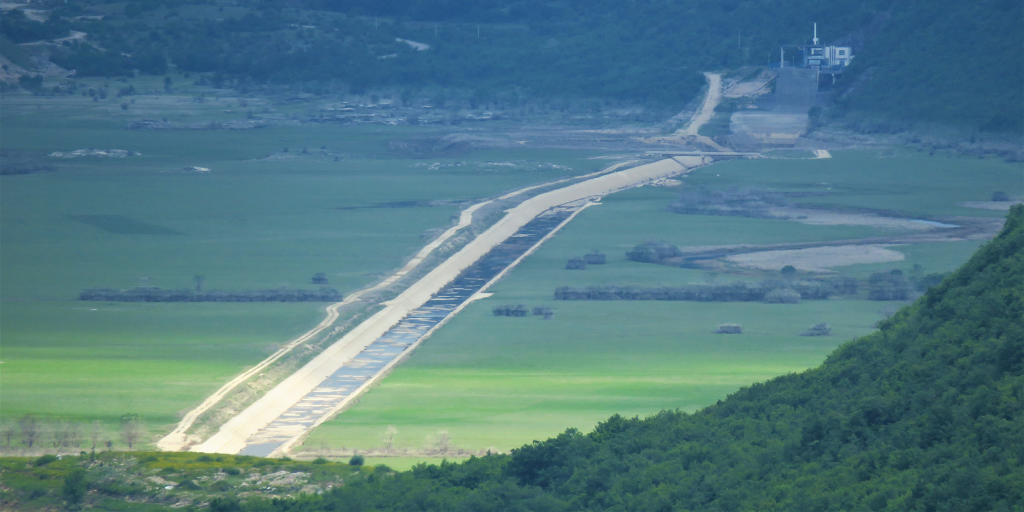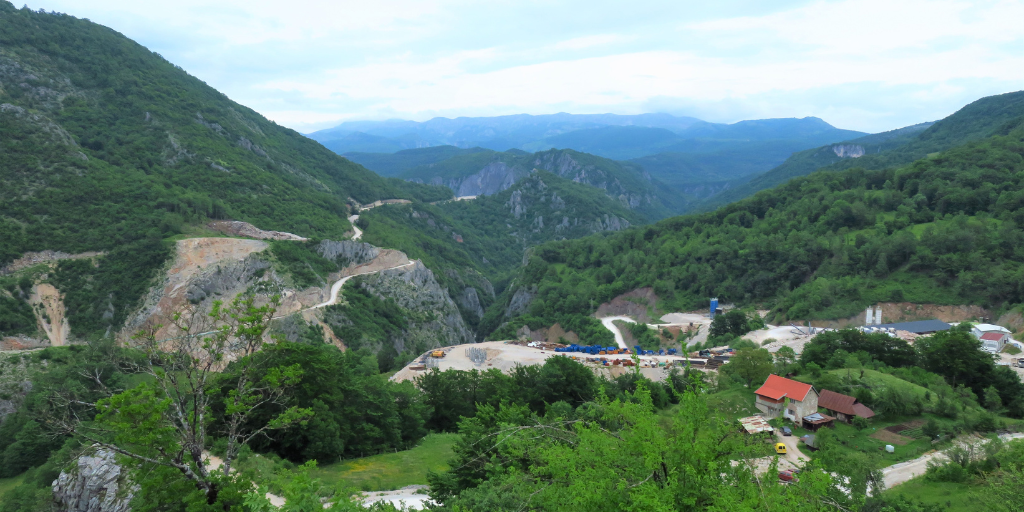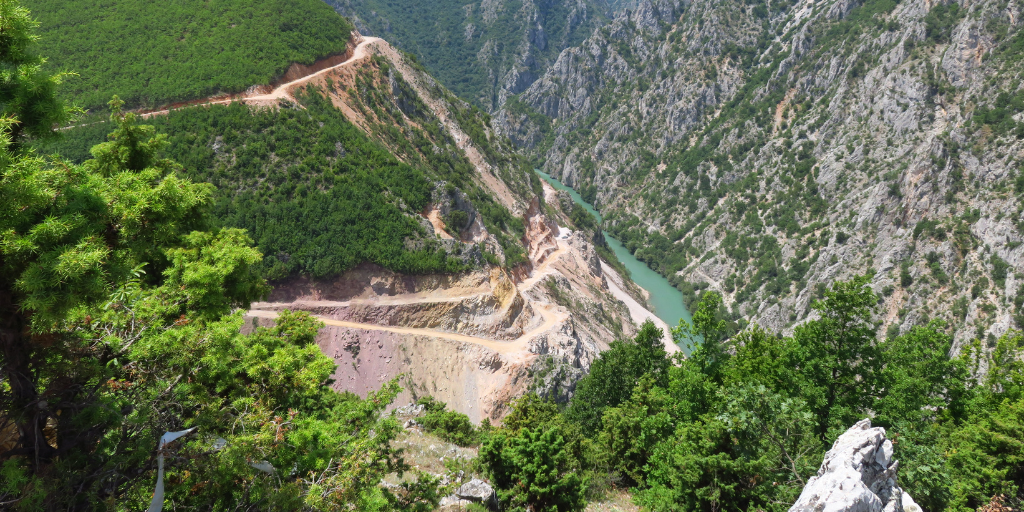A clash is raging between nature and finance. On the one hand, the EU is striving to improve the deteriorating state of nature across Europe, with initiatives like the Biodiversity Strategy 2030 and the European Green Deal. On the other, massive amounts of public money continue to flow to infrastructure projects with devastating impacts on the natural world. Our work where finance meets the natural world advocates for adequate protection and restoration projects to ensure a green future for all.
IN FOCUS
Rivers and communities
The countries of the Energy Community Treaty have diverse energy mixes, but hydropower has traditionally played a strong role in many of them. Albania is almost completely reliant on dams for its domestic electricity generation, followed by Georgia with an average of 80 per cent of electricity generated by hydropower and Montenegro with an average of 55 per cent.
EU funds and biodiversity
In May 2020, EU leaders committed to an ambitious Biodiversity Strategy for 2030, outlining the clear need to act on biodiversity loss and address the failing health of nature.
The historic amount of EU funds now available represents a golden opportunity to increase biodiversity spending and fully realise the objectives of the biodiversity strategy.
As well as addressing the biodiversity crisis, strategically supporting nature through EU funds is also one of the most effective ways to tackle climate change, while providing jobs and improved health at the same time.
Yet, with many of the previous strategy’s objectives left unachieved, the pressure now mounts for this decade. Never before has there been so much potential – and urgency – to use EU funds and investments to address the biodiversity crisis.
Related projects
Upper Horizons hydropower scheme, Bosnia and Herzegovina
A series of dams, diversion tunnels, hydropower plants and channels will completely change the natural hydrology of eastern Herzegovina and have unpredictable impacts on wetlands, rivers and underground karst.
Ulog and Upper Neretva hydropower plants, Bosnia and Herzegovina
A 35 MW hydropower plant is currently under construction on a pristine section of the Neretva river at Ulog. Seven more plants are also planned further upstream.
Skavica hydropower plant, Albania
Instead of increasing its energy security, Albania is pushing the construction of yet more hydropower. The Skavica project may flood several villages, displace thousands of people and bring the Balkan lynx to extinction
Latest news
Tensions are rising over hydropower and the lack of participation in Georgia’s mountains
Blog entry | 15 March, 2016The mistrust and frustration of communities in the mountains of north-western Georgia is deepening over make-shift consultations on large dam constructions.
Read morePrąd z wody straszy Gruzinów. Chcą zatapiać całe wsie
Bankwatch in the media | 16 December, 2015– Gdy budowali elektrownię, w ogóle nie było mowy o żadnym zagrożeniu. Nawet nam nie tłumaczyli, na jakiej zasadzie będzie ona działać. Dopiero teraz dowiadujemy się o niebezpieczeństwie – tłumaczy Eteri.
Read moreActivists help put the brakes on Balkan hydro projects
Bankwatch in the media | 27 August, 2015Balkan governments are under mounting pressure to curb the construction of hydropower plants (HPPs) in national parks and wildlife areas, where hundreds of projects are planned or underway. Environmental campaigners have already scored successes in halting new HPPs. In late July, Croatia’s environment ministry rejected Hrvatska Elektroprivreda’s impact study for its 68-MW Ombla HPP near historic Dubrovnik, Courts in Republika Srpska (RS) have twice this year backed activists’ claims that environmental assessments on proposed plants in the Sutjeska National Park were flawed.
Read moreRelated publications
From theory to practice: A case-based analysis of the EU’s ‘do no significant harm’ principle
Report | 18 July, 2024 | Download PDFThis report, through a series of case studies, analyses how the ‘do no significant harm’ principle has been applied in various EU Member States.
Unlocking funds for nature: How the next EU budget must deliver for biodiversity
Joint statement | 9 July, 2024 | Download PDFThis joint statement offers three policy proposals to improve EU biodiversity financing.
Joint civil society letter to the European Commission on the RED Recommendation
Letter | 25 June, 2024 | Download PDFIn this letter, 40 civil society organisations urge the European Commission to revise ill-advised plans to undermine nature protection rules for renewable energy projects under the Energy Community Treaty.



